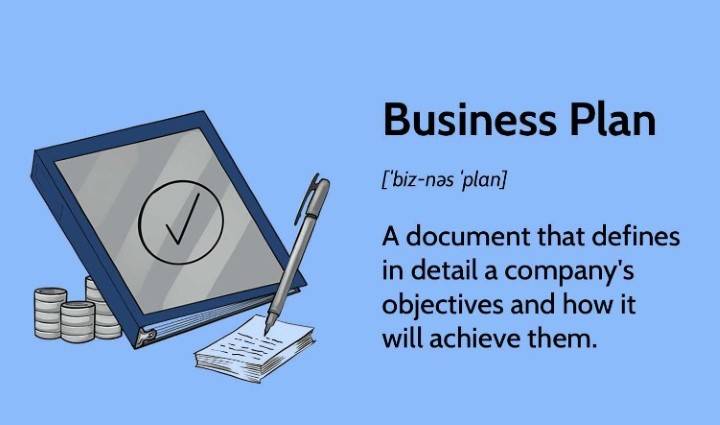When it comes to business planning, there’s a lot of information out there, and it can be challenging to separate fact from fiction. In this comprehensive article, we’ll explore common misconceptions about business plans and clarify what is and isn’t true. By the end, you’ll have a clearer understanding of the essential components of a business plan and the myths you can safely put to rest.
A well-crafted business plan is a vital tool for any entrepreneur or business owner. It provides a roadmap for your business, helping you define your goals, make informed decisions, and secure financing. However, there are several myths and misconceptions about business plans that may lead to confusion and misinformation. Let’s delve into these and set the record straight.
Myth #1: A Business Plan is Only Necessary for Startups
Fact: While it’s true that many startups rely heavily on business plans to secure initial funding, existing businesses can also benefit from having a business plan. In fact, established businesses can use a business plan to pivot, grow, secure additional funding, or reassess their strategies.
Myth #2: A Business Plan is a One-Time Document
Fact: A business plan should not be a one-and-done task. Instead, it should be a dynamic document that evolves with your business. Regularly updating your business plan allows you to adapt to changing market conditions, competitive landscapes, and internal challenges.
Myth #3: Business Plans are Only for External Audiences
Fact: While business plans are often created for external stakeholders like investors and lenders, they also serve as a valuable internal tool. Business plans help you and your team align on objectives, monitor progress, and stay focused on the company’s mission.
Myth #4: Business Plans Must be Lengthy and Complex
Fact: A business plan doesn’t need to be a long, convoluted document. In fact, a concise and well-structured plan is often more effective. Clear and straightforward language is key, as it ensures that everyone who reads it can understand and get on board with your vision.
Myth #5: A Business Plan Guarantees Success
Fact: While a well-prepared business plan can certainly increase your chances of success, it doesn’t guarantee it. Success in business depends on various factors, including market dynamics, competition, and your ability to execute the plan effectively.
Myth #6: All Business Plans Follow the Same Template
Fact: Business plans are not one-size-fits-all. The structure and content of a business plan can vary significantly based on the industry, type of business, and audience. Tailoring your plan to your specific needs is essential.
Myth #7: Financial Projections Must be Accurate
Fact: While financial projections are an integral part of a business plan, they are inherently speculative. No one can predict the future with absolute certainty. What’s crucial is that your projections are well-researched, based on realistic assumptions, and supported by data.
Myth #8: Once the Plan is Complete, You’re Done
Fact: Completing a business plan is just the beginning. Regularly reviewing, revising, and executing the plan is where the real work begins. A business plan is a living document that should guide your business throughout its lifecycle.
In summary, a business plan is a critical tool for both startups and established businesses. It is not a one-time task, nor is it exclusively for external use. The length and complexity of a business plan should be tailored to your specific needs, and it doesn’t guarantee success. Business plans are highly customizable and should be adapted as your business evolves. While financial projections are essential, they are not cast in stone, and the work continues long after the plan is completed. Understanding these truths about business plans can help you create a more effective roadmap for your business’s success.



